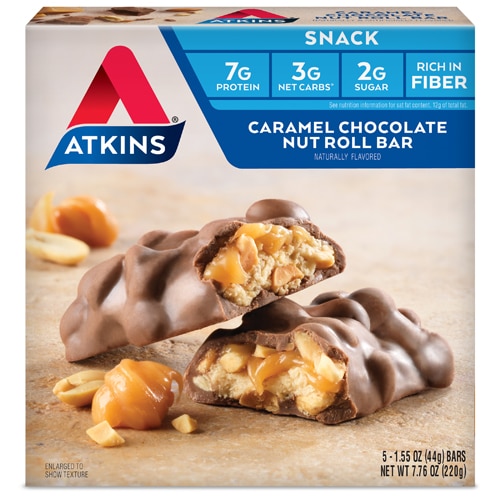When it comes to losing weight, most people focus on the age-old principal of eating less and exercising more. Few of us, however, pay any attention to how quickly we eat. After all, what’s speed got to do with it? As it turns out, whether we eat quickly or slowly can be a powerful determiner of our body weight.
A study published in the Journal of Clinical Endocrinology & Metabolism in 2009 showed that eating a meal quickly diminishes the release of hormones in the gut that help create the feeling of being full. When these hormones are low, the result is simple: we overeat. The implication here is that the body needs time to regulate the chemical messengers that control our food intake.
Another study, published in the October 2008 issue of the British Medical Journal, examined the eating habits of more than 3,000 individuals. Researchers found that a combination of eating quickly and eating until full had "a supra-additive effect” and tripled the risk of being overweight. That’s a rather profound statement about the ill effects of speed eating, and a great reason to pause and consider our eating options.
Eating quickly, is easy. At the Institute for the Psychology of Eating, one of my favorite questions to ask a roomful of practitioners that we train is, “Are you a fast eater, a moderate eater or a slow eater?” Generally, I find that approximately 70 percent of people identify themselves as fast eaters. In many ways, the invention of fast food has naturally led us to hurry our eating. We live in a world that has a love affair with speed. We want fast cars, fast Internet connections, fast service at our favorite restaurant and fast results when it comes to losing weight.
Brain power
If you’ve tried everything to lose weight but can’t seem to take it off and keep it off, maybe it’s time to get creative. It’s time to slow down and smell the rigatoni. Consider this: If you really love something, why would you want to get it over with in just a few minutes? If something is pleasurable, why not make it last?
Nutrition experts and dietitians love to remind us, and rightfully so, that it takes the body approximately 20 minutes to realize that it’s full. If we eat quickly, which usually means without paying any attention, the brain literally does not have enough time to assess the nutritional profile of the meal. The central nervous system and our digestive tract are short-circuited in their ability to determine if our nutritional needs have been met. In the absence of this important information, the brain says, “I know I just ate and I know there’s food in my belly, but I can’t quite figure out if I’ve gotten the nutrients the body needs. I might as well play it safe and tell the body I’m hungry.”
What’s fascinating is that many people believe they have a willpower problem when it comes to food and appetite. Even after eating a robust meal, we still feel hungry and go back for more—leading us to believe we just lack resolve. The good news, though, is that there’s absolutely nothing wrong with our willpower. The problem is, we eat too fast for our bodies to register when we’ve had enough.
Stay positive
Slow eating is a natural appetite regulator and powerful nutritional practice when it comes to losing weight. And no, you don’t have to chew each bite 50 times. Don’t think of yourself as a cow chewing its cud, but instead as a connoisseur savoring a work of art. Eating slowly means eating sensuously, it means tasting your food, loving it, celebrating it and being fulfilled no matter what you eat.
The next time you sit down to a meal, give yourself the gift of time. Relax, turn on some music, light a candle and have a good conversation with a loved one. You’ll not only enjoy the eating experience, but you’ll naturally regulate your appetite and maybe even say goodbye to a bunch of pounds that have overstayed their welcome.



